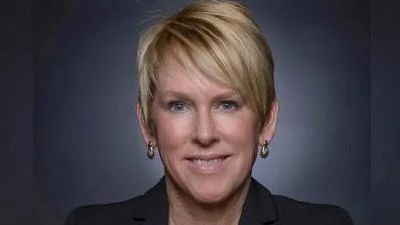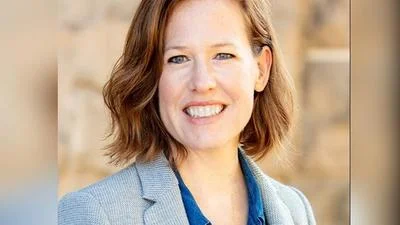Shannon Zimmerman, Wisconsin State Representative of 30th District | Facebook
Shannon Zimmerman, Wisconsin State Representative of 30th District | Facebook
According to the Wisconsin State Legislature's official website, the bill was described as follows: "modifying the sales and use tax exemption for qualified data centers. (FE)".
The following is our breakdown, based on the actual bill text, and may include interpretation to clarify its provisions.
In essence, this bill modifies the criteria for what constitutes a qualified data center eligible for a sales and use tax exemption. Under the new provisions, the definition expands to include buildings housing individual, as well as networked, server computers. Furthermore, qualified data centers must allow the owner, operator, or tenant opportunities to rent or own space, utilities, and resources such as cooling capacity, security features, infrastructure, platforms, and managed services. The bill prohibits buildings used for cryptocurrency creation and blockchain transactions from being certified as qualified data centers. The changes will take effect on the first day of the third month following the bill's publication.
The bill was co-authored by Senator Romaine Robert Quinn (Republican-25th District), Representative David Armstrong (Republican-67th District), Representative Daniel Knodl (Republican-24th District), Representative Rob Kreibich (Republican-28th District), and Representative Jerry L. O'Connor (Republican-60th District). It was co-sponsored by Senator Julian Bradley (Republican-28th District), along with one other co-sponsor.
Shannon Zimmerman has co-authored or authored another 17 bills since the beginning of the 2025 session, with none of them being enacted.
Zimmerman, a Republican, was elected to the Wisconsin State Assembly in 2017 to represent the state's 30th Assembly district, replacing previous state representative Dean Knudson.
In Wisconsin, the legislative process starts when a senator, constituent, group, or agency proposes an idea for a bill. After drafting, the bill is introduced, numbered, and referred to a committee for review and public input. If approved, it moves through three readings and votes in both the Senate and Assembly. Once both chambers pass the same version, the bill goes to the governor, who can sign it, veto it, or let it become law without a signature. Only a small share of bills introduced each session ultimately become law. You can learn more about the Wisconsin legislative process here.
| Bill Number | Date Introduced | Short Description |
|---|---|---|
| AB245 | 05/02/2025 | Modifying the sales and use tax exemption for qualified data centers. (FE) |
| AB234 | 05/02/2025 | The electronic vaping device directory and electronic nicotine devices. (FE) |
| AB209 | 04/23/2025 | Creating a hazard mitigation revolving loan program, creating a Great Lakes erosion control revolving loan program, providing an exemption from emergency rule procedures, granting rule-making authority, and making an appropriation. (FE) |
| AB204 | 04/23/2025 | Creating a video game production tax credit and making an appropriation. (FE) |
| AB199 | 04/15/2025 | Reimbursement of emergency services under the Medical Assistance program when a patient is not transported, reporting on changes to the scope of practice of emergency medical responders and emergency medical services practitioners, and eligibility for the expenditure restraint incentive program. (FE) |
| AB172 | 04/09/2025 | Consumer data protection and providing a penalty. (FE) |





 Alerts Sign-up
Alerts Sign-up